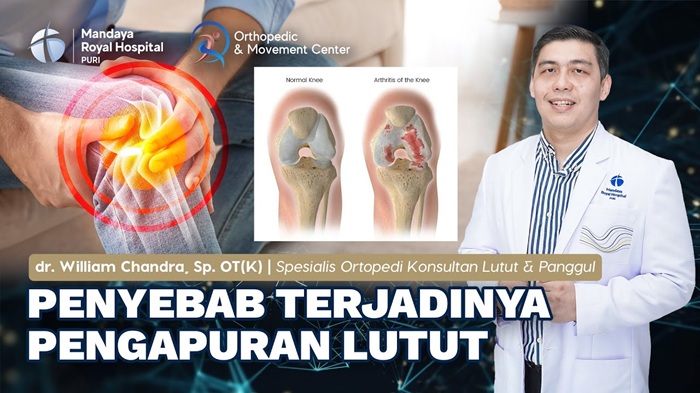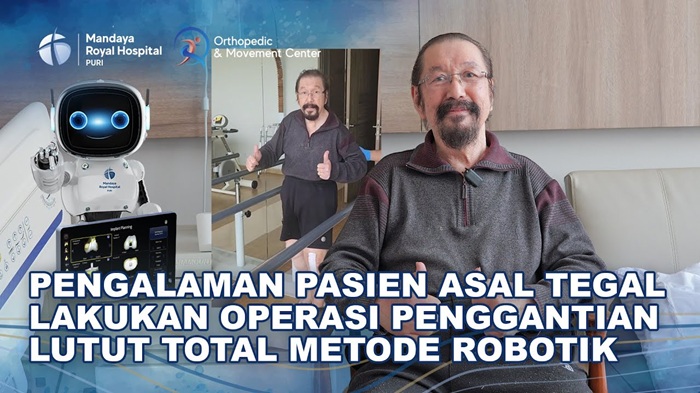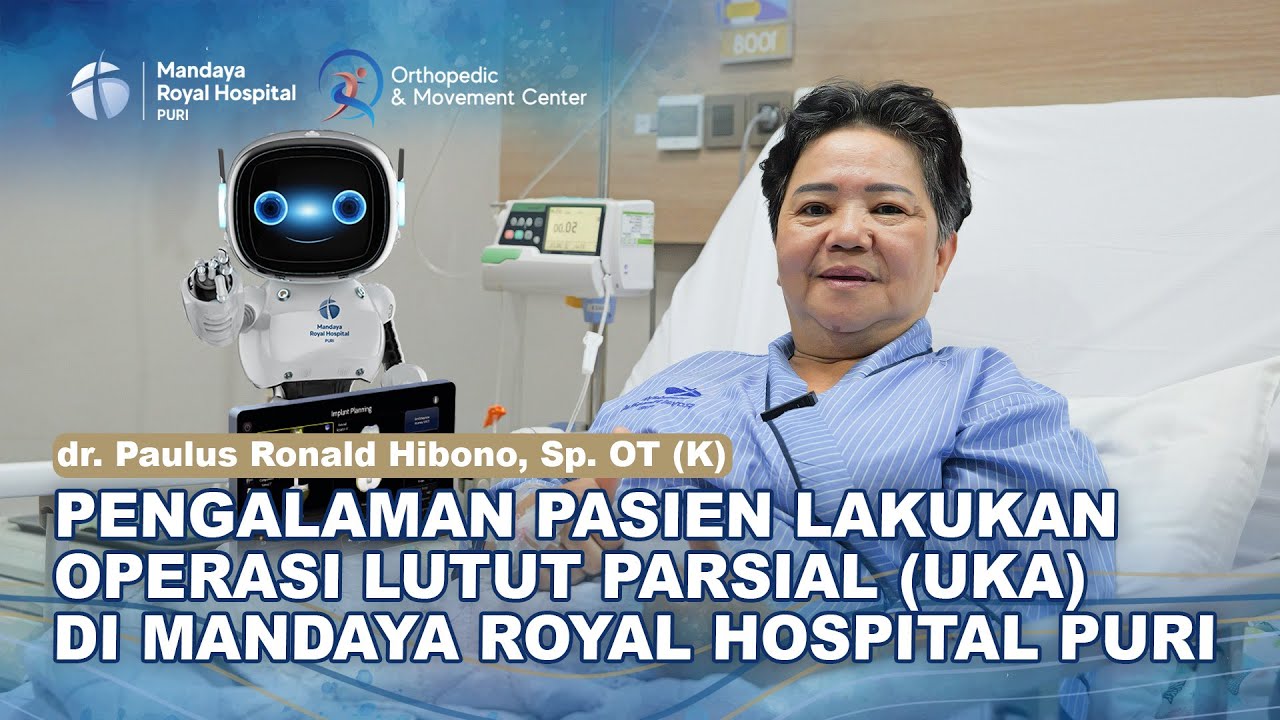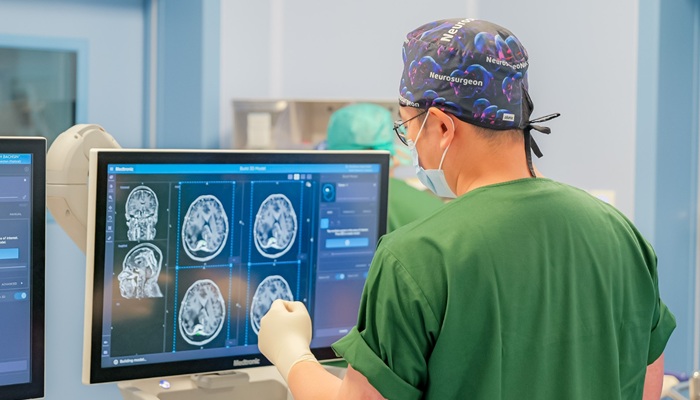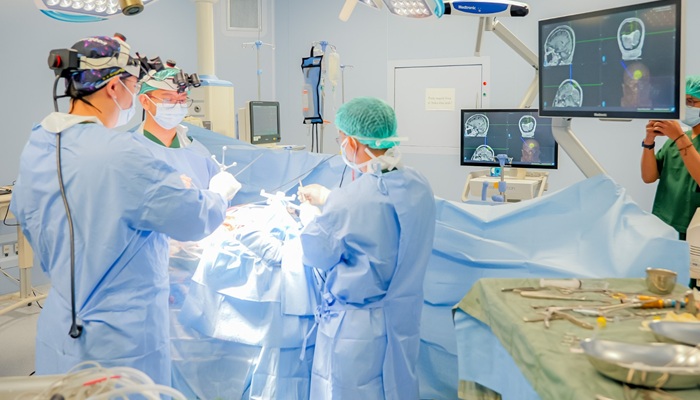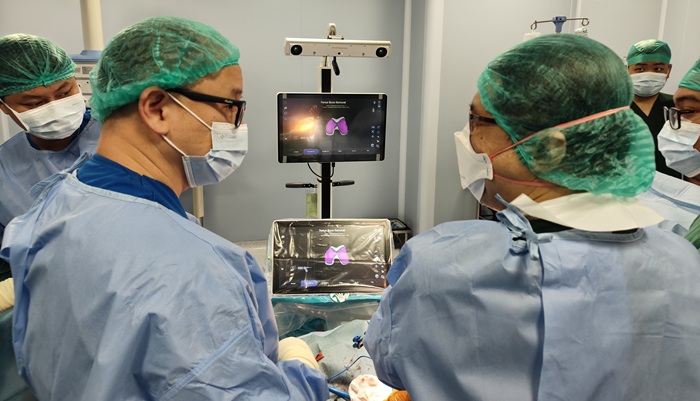Multiple sclerosis (MS) is one of the muscle and nerve diseases that, in severe conditions, can lead to paralysis. This condition cannot be completely cured, but symptoms can be treated to improve the quality of life of the sufferers.
What is multiple sclerosis?
Multiple sclerosis is a chronic autoimmune disease that affects the central nervous system, including the brain and spinal cord.
This condition causes the immune system to attack the protective covering of nerve fibers (myelin), leading to inflammation and damage to the myelin. As a result, there are nerve disturbances that cause individuals to experience vision problems, mobility issues (disabilities), and loss of body balance.
Multiple sclerosis lasts a lifetime. Its severity can vary from mild to severe.
This condition can affect anyone of any age. However, multiple sclerosis most commonly occurs in women aged 20 to 40 years.
Causes of multiple sclerosis
As mentioned earlier, multiple sclerosis occurs because the body’s defense system attacks nerve fibers (autoimmune). However, the exact triggers of this autoimmune condition are not yet known.
Doctors suspect that this autoimmune reaction may be caused by:
- Viral infections
- Genetic abnormalities
- Environmental factors
Symptoms of multiple sclerosis
Symptoms of multiple sclerosis can vary from person to person. However, here are some common symptoms experienced by most patients:
- Blurry vision or double vision
- Red-green color distortion in vision
- Pain and vision loss due to optic nerve swelling (optic neuritis)
- Difficulty walking and maintaining balance
- Numbness, tingling, or prickling sensations (paresthesia)
- Weakening of muscles in the arms and legs
- Body coordination disturbances such as difficulty walking or standing. Some people may experience paralysis
- Persistent fatigue
- Difficulty speaking
- Tremors
- Dizziness
- Hearing loss
- Digestive and bladder disturbances
- Depression
- Changes in sexual function
- Decreased concentration, attention, memory, and the ability to make sound judgments.
Treatment of multiple sclerosis
Currently, there is no cure for multiple sclerosis. However, doctors have several ways to alleviate symptoms and improve the quality of life of patients, such as:
1. Medications
Doctors can prescribe medications that suppress the immune response. The goal of these medications is to reduce inflammation caused by the autoimmune response.
This method also helps slow down the damage to myelin. Medications are usually administered through infusions.
In addition to medications to combat inflammation, doctors can also prescribe anticonvulsants and medications that can maintain cognitive function.
2. Rehabilitation therapy
Physiotherapy, occupational therapy, and speech therapy may be recommended for patients experiencing movement and speech disorders.
3. Counseling
Counseling aims to provide encouragement to patients to prevent depression due to multiple sclerosis.
Diagnosis
The diagnosis of multiple sclerosis requires several tests such as:
- MRI. This test is performed to look for lesions on myelin around the brain and spinal cord. The presence of lesions may indicate multiple sclerosis.
- Electromyogram (EMG) test. This test records the brain’s electrical responses to visual, auditory, and sensory stimuli. This test indicates whether you are experiencing message slowdowns in various parts of the brain.
- Cerebrospinal fluid analysis. Also known as a spinal tap. This method aims to examine cellular and chemical abnormalities due to multiple sclerosis.
- Blood tests. Tests are performed to confirm that symptoms originate from multiple sclerosis and not from other diseases.
- Eye examination. To see if vision disturbances are caused by other conditions.
Prevention of multiple sclerosis
Unfortunately, there is no definitive way to prevent multiple sclerosis. This is because the exact cause is not yet known. However, consuming healthy foods and leading a healthy lifestyle are believed to reduce the risk of this disease.
When to see a doctor?
See a doctor immediately if you experience the symptoms mentioned above.
Mandaya Royal Hospital is one of the best places to treat neurological disorders. At our Brain-Spine-Pain department, you will be treated by neurology specialists working as a team to achieve optimal healing.
Additionally, Mandaya Hospital offers medical rehabilitation services to help patients restore muscle function.
Schedule an appointment with a doctor now via Whatsapp Chat, the Book Appointment page, or the Care Doctor app, which can be downloaded from Google Play and the App Store. In addition to appointments, you can also monitor queue numbers and get other complete information there.





















































